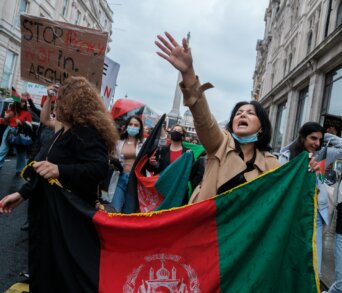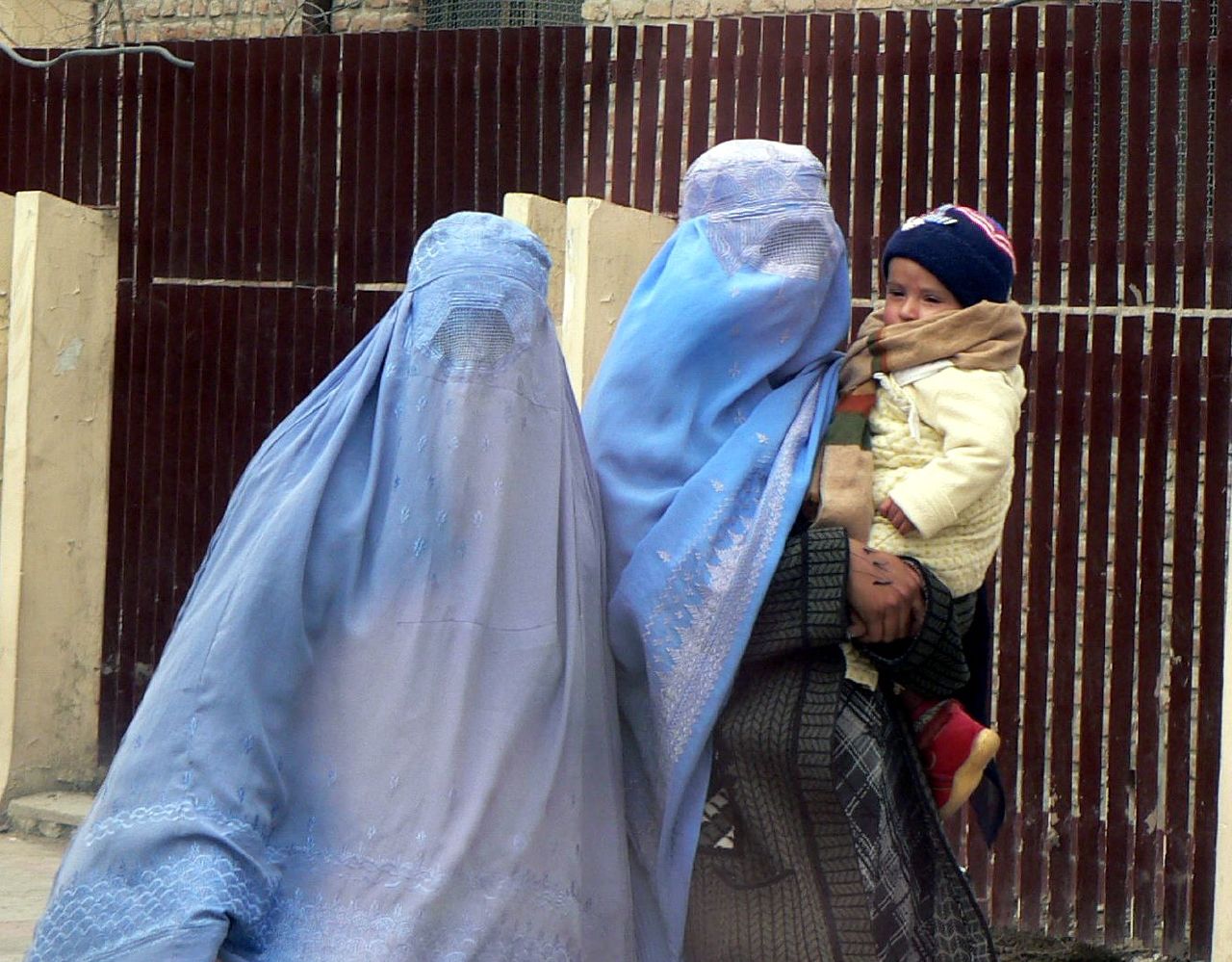- About
- Topics
- Picks
- Audio
- Story
- In-Depth
- Opinion
- News
- Donate
- Signup for our newsletterOur Editors' Best Picks.Send
Read, Debate: Engage.
| topic: | Democracy |
|---|---|
| located: | Afghanistan |
| editor: | Shadi Khan Saif |
Enduring deadly instability for ages, Afghanistan and its nearly 40 million inhabitants have seen entire world shut its doors on them following the NATO military retreat and the subsequent rise to power of the Taliban.
The world witnessed frightened Afghans clinging to departing military aircrafts on the day Kabul fell while heavy-hearted soldiers felt betrayed and surrendered. But what it did not see are the exodus of the thousands of members of the international community in diplomatic, humanitarian and civil circles that were literally running the country like a parallel state for over a decade since the US invasion.
Therefore, in August 2021, not only did the Afghan government, led by the technocrat Ashraf Ghani, fall, but an equally powerful and resourceful system of international NGOs and US-led diplomatic circles abruptly shut down - leaving the entire population at the mercy of an armed group.
What has essentially happened in the course of the past three months in general, and particularly since the Doha Agreement - also known as the Agreement for Bringing Peace to Afghanistan between the US and the Taliban - is the international community’s abandonment of its pledges to peace, justice and democracy as it rushed to exit from Afghanistan.
While there is a definite need for studying the internal reasons behind the failure of the mega project of democracy in Afghanistan, such as the depth of corruption, nepotism and identity politics by the Afghan elite, the pulling of the plug on this parallel system of public service delivery in this aid-dependant country should also be examined.
It is very painful to see the world powers now using this very aid as a leverage tool to push the Taliban towards guaranteeing Afghans’ rights and liberties. There were many other arbitration methods available during the rounds of negotiations between the US and the Taliban that did not exploit the vulnerabilities and needs of Afghans as a bargaining chip.
Afghanistan is on the brink of a humanitarian catastrophe, as the effects of an imploding economy are reflected across its society. Over 4 million children are now out of school and the dire economic situation is pushing more families to send their children out to work while reports of child marriages are also on the rise, according to UNICEF.
The drought and resulting poor harvest have worsened the situation, with food stocks predicted to run out by mid-winter. Soaring unemployment and food costs have pushed 22.8 million people - over half the country’s population - into hunger.
According to UNICEF, around 3.2 million Afghan children under five are acutely malnourished and 1.1 million are at risk of dying from severe, acute malnutrition without treatment.
As the Taliban seeks international recognition for their Islamic Emirate in Afghanistan, the rest of the world is looking at the mighty US to decide the course to follow - just as they chose to follow its decision to end the attempt democratisation.
Photo by Ehimetalor Akhere Unuabona

